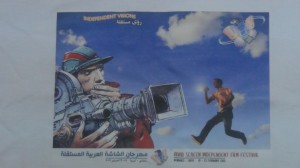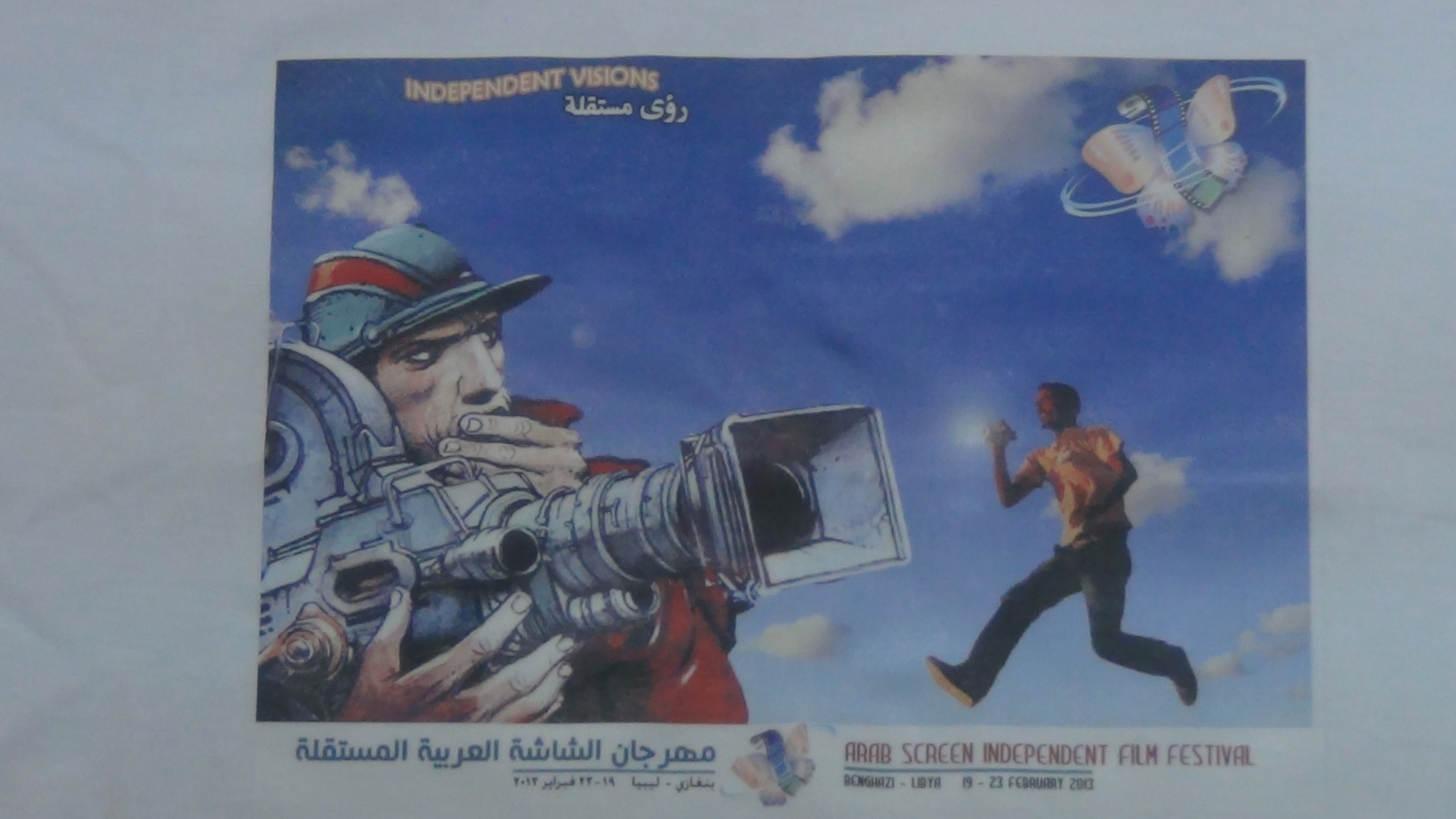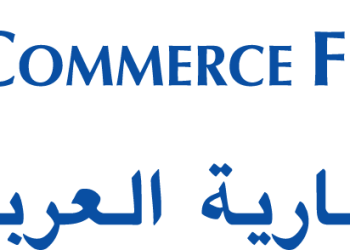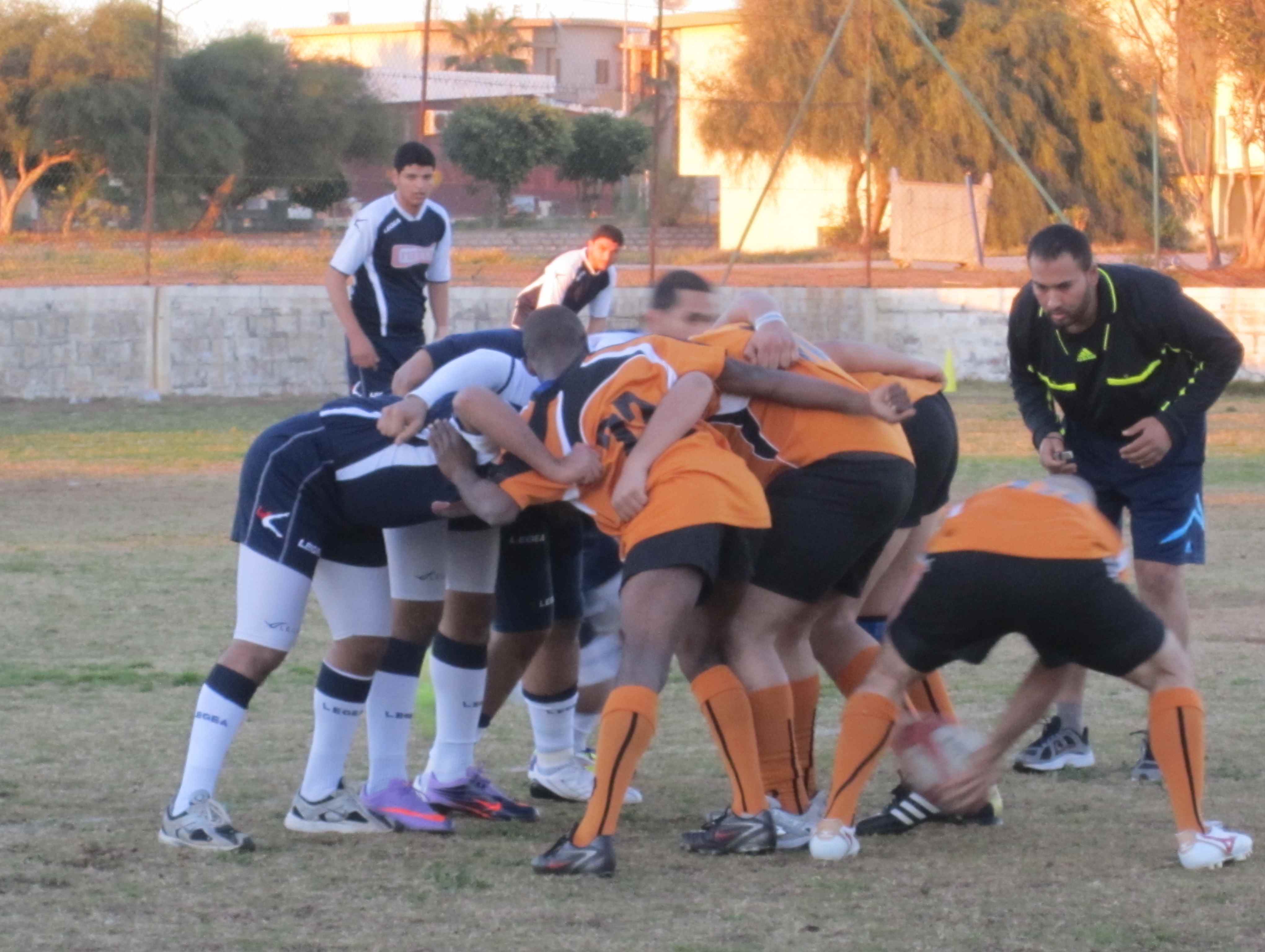By Ahmed Ruhayem.

Benghazi, 1 February 2013:
This month Benghazi will host the 3rd Arab Screen Independent Film Festival (ASIFF).
The five-day festival will . . .[restrict]show local and international films and will also offer training workshops to young Libyan film-makers.
Founded by film director Mohamed Maklouf, ASIFF offers young Arab filmmakers around the world a platform for their work, without government censorship and manipulation.
Maklouf spent 38 years in exile, where he directed the short film The Cage. After returning home, he decided to organise an ASIFF in Benghazi, a project which has been six months in the planning.
Osama Sherif, a member of Benghazi local council, said that when Maklouf approached the council with his proposal in July, it quickly recognised the benefits such an event could have in promoting the city.
He also recognised the value of training and network opportunities the festival promised to offer up-and-coming young film-makers.
“During the revolution, Benghazi saw a surge in media activity, with youngsters making contributions to support the revolution,” Sherif said. “The council especially approved of the number of training workshops and the documentary nature of the film festival.”
ASIFF will be split into two parts, with mornings sessions dedicated to workshops. The evenings will be reserved for film screenings at the Feel Cinema which seats some 200 people.
Four awards will be presented at the Benghazi ASIFF festival:
- Best Documentary
- Best Short Fiction
- The Jury’s Special Prize and
- The Martyr Mohammed Nabbous Best Libyan Film.
The jury will include Essam Tarkhan, Director of Cinema and Theatre at Benghazi University and two foreign film experts.
One highlight of the festival will be the participation of Koutaiba Al-Janabi, a British-Iraqi filmmaker. Janabi is the writer, director and co-producer of the award-winning film Leaving Baghdad which is about Saddam Hussein’s cameraman and his attempt to escape to the UK.
Benghazi has special significance for Janabi because his family lived in the city for four years in the 1950s where his father, an Iraqi officer, trained Libyan army officers. He said his mother had fond and happy memories of Benghazi. Sixty years later, he will follow in his father’s footsteps, but running workshops to train young Libyans to be film-makers, rather than officers.
One of the Libyan films that will be shown is Fathi Daud’s feature Zahrat al-Sbar (Cactus Flower). The film’s title refers to the many years cacti can live without water and not flower, a metaphor for Libya’s years of dictatorship. It is about national unity, and follows two young men from different parts of the country before their deaths just two days before the fall of Qaddafi’s military barracks in Benghazi. Although the film was shot on location in Benghazi, scenes reflect everyday Libyan life.
Six short documentaries called the Benghazi and Tripoli stories will also be shown at the festival. They are the result of workshops run in 2012 by the Scottish Documentary Institute (SDI) and organised by the British Council.
Everyone involved in the making of the SDI documentaries were young Libyans, including the directors, editors, and cameramen. The three Tripoli stories are about the Libyan revolution while the Benghazi stories focus on the daily lives of ordinary people with metaphors about the current political situation.
The trailers for the participating films show that the judges will have difficult decisions to make. Each film approaches the revolution from a very different angle and there are also powerful and thought-provoking human stories.
Events such as ASIFF are important economically and can give rise to a promising film industry, as well as contributing to the city’s cultural and economic diversification. They might also provide desperately-needed employment opportunities.
Benghazi local council will be assessing the overall economic and cultural impact of the film festival on the city and will consider making the festival an annual February event.
Although the council is the main financial sponsor, Sherif also expressed his appreciation for the Libyan Business Union’s significant financial contribution to the festival. The media sponsors are Al Kalema and Akbar Benghazi newspapers.
The Benghazi ASIFF will run from 19 to 23 February.
[/restrict]





